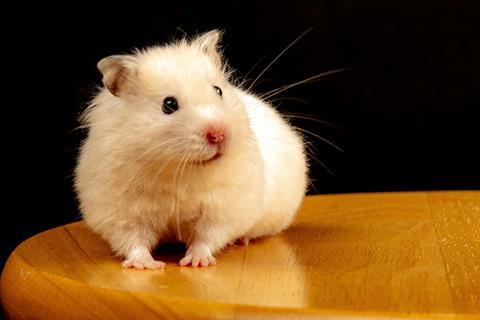Zoonotic transmission of severe acute respiratory coronavirus 2 (SARS-CoV-2) has been found to result in infections in more than 30 mammalian species, according to a study published in Zoonoses journal.

The SARS-CoV-2 spike protein binds to the host’s angiotensin converting enzyme 2 (ACE2) cell surface receptor to gain entry into the cell. ACE2 protein sequence conservation has therefore been evaluated across species, and species with amino acid substitutions in ACE2 were ranked low for susceptibility to SARS-CoV-2 infection. However, many of these species have become infected by the virus.
READ MORE: The threat of viral zoonosis hasn’t gone away
READ MORE: Mink discovery challenges standard understanding of COVID-19 infection
This study investigated the conservation of 24 host protein targets, including the entry proteins ACE2 and transmembrane serine protease 2 (TMPRSS2); 21 proteins in the interferon-I (IFN-I) antiviral response pathway; and tethrin, a protein that suppresses new virion release from cells. Bioinformatics approaches including Sequence Alignment to Predict Across Species Susceptibility (SeqAPASS), Molecular Operating Environment (MOE), and iCn3D software were used to compare protein sequence similarity, conserved domains, and critical amino acids for host-viral protein-protein interactions. The types of bonding interactions were scored, and the results were compared with empirical data indicating which species have or have not become infected.
Pathway approach
This pathway approach revealed that 1) 13 proteins were conserved, whereas five lacked data sufficient to determine specific critical amino acids; 2) variation in protein-protein interfaces is tolerated for many amino acid substitutions, and these substitutions follow taxonomic clades rather than correlating with empirically determined species infection status; and 3) four proteins (MDA5, NEMO, IRF3, and ISG15) contained potential domains or specific amino acids whose substitution may result in PPI disruption.
This work provides evidence that certain substitutions in four IFN-I antiviral pathway proteins appear able to disrupt interactions and may be distinctive to resistant species, thus potentially aiding in determining species’ likelihood of transmitting SARS-CoV-2.







No comments yet